From the President: June 2023 | WONCA and WHO
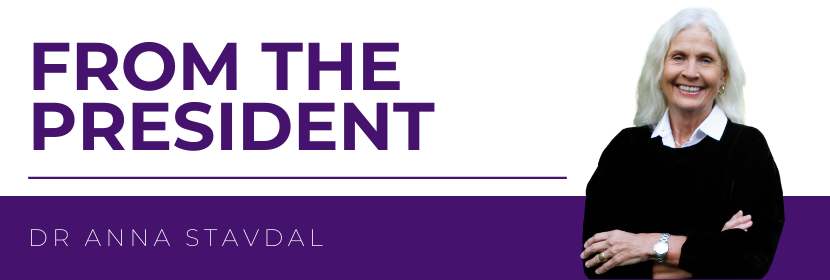
WONCA and WHO
‘Be the change you want to see in the world’ Ghandi
If Universal Health Care (UHC) is to be achieved, given the crucial role of Primary Care in bringing about this change, contributing the technical expertise of Family Medicine Doctors to the work of the World Health Organisation (WHO) is a priority aim for our organisation.
Attending the annual WHO Health Assemblies has become an important event in the WONCA calendar as, since 2010, we have continued to build our relationship with the WHO. Indeed, since we became a Non-State-Actor (NSA) in 2017, we have established regular meetings and visits to Geneva, contributed to the three yearly work plans, attended the 2018 Astana conference and ultimately signed a Memorandum of Understanding (MOU) in 2019. Last month the 76th World Health Assembly (WHA) was held in Geneva. I am therefore joining with Professor Val Wass, a current Member at Large with responsibility for liaising with the WHO, to report on our visit.
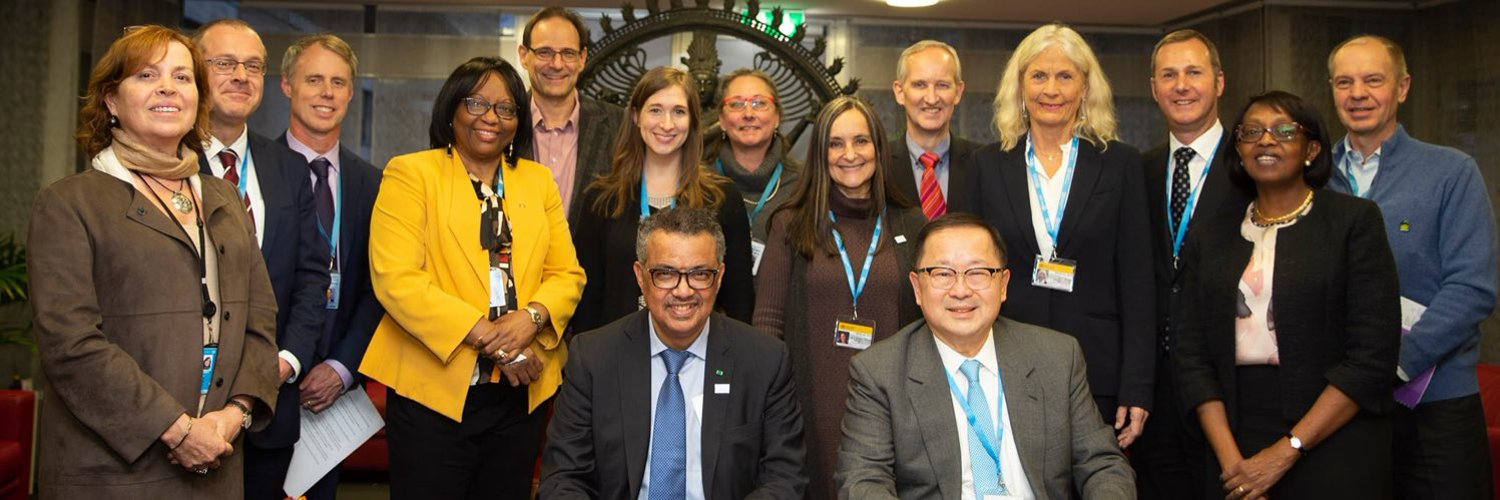
New opportunities:
These strengthened relationships are building exciting opportunities for WONCA to contribute technical expertise to WHO projects. Politically, given the increasing complexity of multi professional primary health care (PHC) delivery, it has become crucial we openly role model the all-important expertise of family medicine doctors. We need to build sustainable effective collaborations with WHO projects to demonstrate how primary care can address health inequities and achieve UHC to openly demonstrate how important we are.
Strategic priorities:
As we move forward , our strategic priorities have refocused on :
• Strengthening WONCA regional links with the WHO to map and build on these.
• Harnessing the expertise of our working parties and special interest groups to provide technical support ensuring those involved carry the WONCA banner!
• Focusing our clinical expertise to support WHO initiatives to improve non-communicable disease (NCD) outcomes.
• Establishing a more formal collaboration between professional organisations in primary care.
What needs to be done:
The WHO works mainly in specific countries rather than across regions. Building an overview of how our Membership Organisations and Academic Members are involved has become increasingly important. We must ensure they raise awareness of WONCA`s key advocacy messages and feedback to the WONCA secretariat and leadership on activities and initiatives. Human and financial resources are limited, so we aim to manage this wisely.
What we achieved at WHA 76
1: Breakfast meeting with the Indonesian Minister of Health: A well-attended early morning side event with the MoH Indonesian Minister of Health, cohosted by WONCA with the Besrour Center, Canada, proved highly successful. The idea originated at the Asia Pacific Conference in December 2022 at a meeting with the Minister. The aim was to highlight, and advocate for, the importance of family medicine in tackling health care inequities and to support its development in Indonesia and low- and middle-income countries. We hope, with the support of the Minister, to support future training programmes.
2: Constituency statement on the importance of family medicine and selfcare: As an NSA we were delighted to be nominated to take the lead to negotiate to deliver a three-minute statement on “Reorienting health systems to primary health care as a resilient foundation for universal health coverage’ in parternership with
Global Self Care Federation.This was supported by eight organisations. It was good to be visible.
3: Meetings were held throughout the visit aimed strategically at building our network. We highlight a few:
1: WHO Head Quarter Integrated Health Services, Clinical Services and Systems: We are delighted that Dr John Fogarty, the Technical Officer, is our new WHO link officer. He demonstrated, with his team, packages WHO are developing which can be individualised to guide a country on the delivery of health care services, https://uhcc.who.int/uhcpackages/. We agreed to work with the WHO and offered our expertise to review and advise on how packages could be tailored to PHC delivery within specific countries.
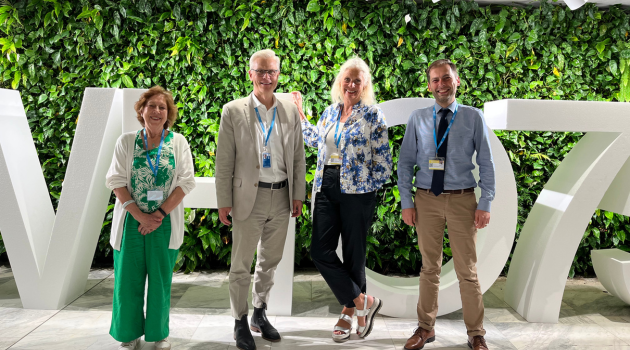 2: - The Director for NCD, Bente Mikkelsen, and her team:
2: - The Director for NCD, Bente Mikkelsen, and her team: Given 74% of global deaths are from NCDs, we feel this is a prime area to target. Key topics discussed included continuity of care, integration of NCD services into primary care, and the pivotal role of family doctors in NCD management. More detail can be found at
https://www.globalfamilydoctor.com/News/WHA76InsightsfromNCDsMeeting.aspx
We agreed to collaborate with them to finesse our WONCA NCD statement and then meet to explore potential actions.
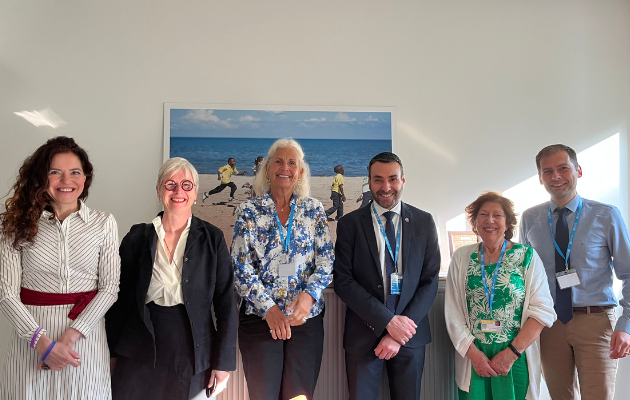 3: World Federation of Public Health Associations (Bettina Borisch) and International Council of Nurses:
3: World Federation of Public Health Associations (Bettina Borisch) and International Council of Nurses: We met with Pamela Cipriano (President) and Howard Catton (CEO) to further pursue our strategic aim of a formal collaboration between professional organisations in primary care – a PHC Umbrella. We agreed to further work on a joint statement to agree a Memorandum of Understanding.
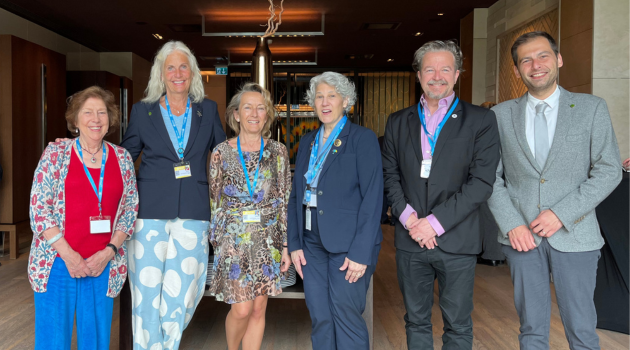 4: The Director of the WHO Health Workforce, Dr Jim Campbell:
4: The Director of the WHO Health Workforce, Dr Jim Campbell: The workforce team remains keen to collaborate with us to collate workforce statistics on the numbers of family medicine doctors per country globally – an ambitious, rather daunting, task. We agreed to collaborate with our member organisations to achieve this, at least for some member countries.
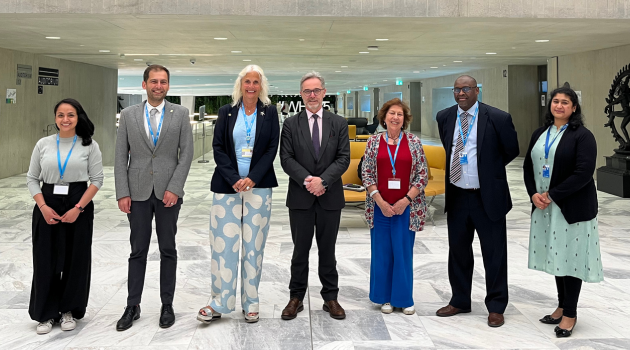 5: Networking:
5: Networking: It is good to be part of raising awareness of our work and re-establish links lost during the Covid-19 pandemic. We were delighted to meet with the International Federation of Medical Student Associations (IFMSA) and the World Federation of Medical Education (WFME).
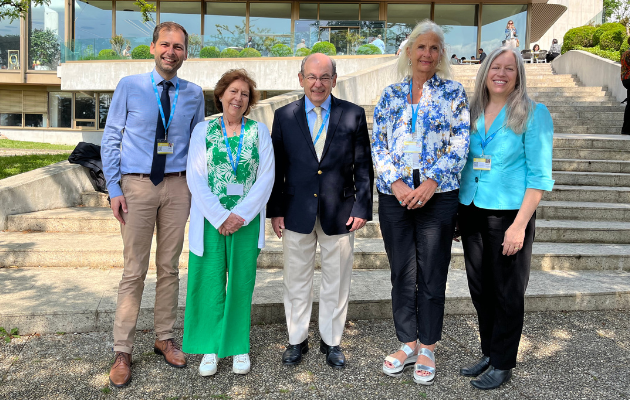
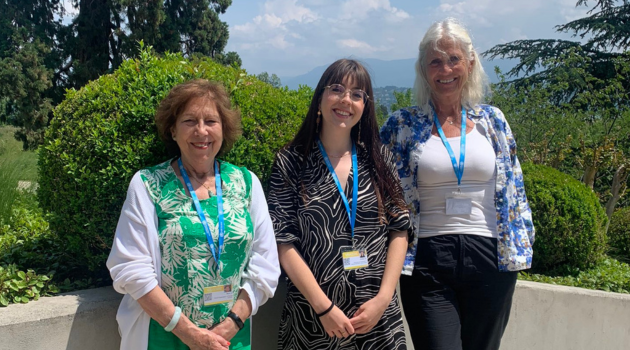
Our resolve was to agree deliverable actions, identifying where we can logistically deliver and engage the immense expertise within our half a million members and across our 133 member organisations. An exhausting few days! We returned home with a more concrete sense of direction on where we can meet our aims to deliver and impact.
We remain convinced that, as per the Alma declaration, strengthening PHC is the most inclusive, effective and efficient approach to enhance people’s physical and mental health, as well as social well-being. PHC is a cornerstone of a sustainable health system for UHC. We believe by actively leading and engaging our family medicine expertise with the work of the WHO we can play a crucial role in the delivering UHC. As Ghandi said we need to: “Be the change you wish to see in the world."
WONCA President, Dr Anna Stavdal and
WONCA Executive Member at Large and WHO Liaison, Prof Val Wass